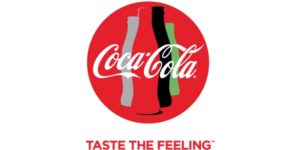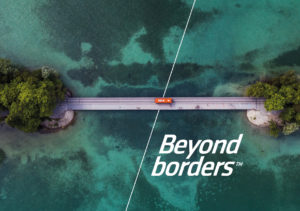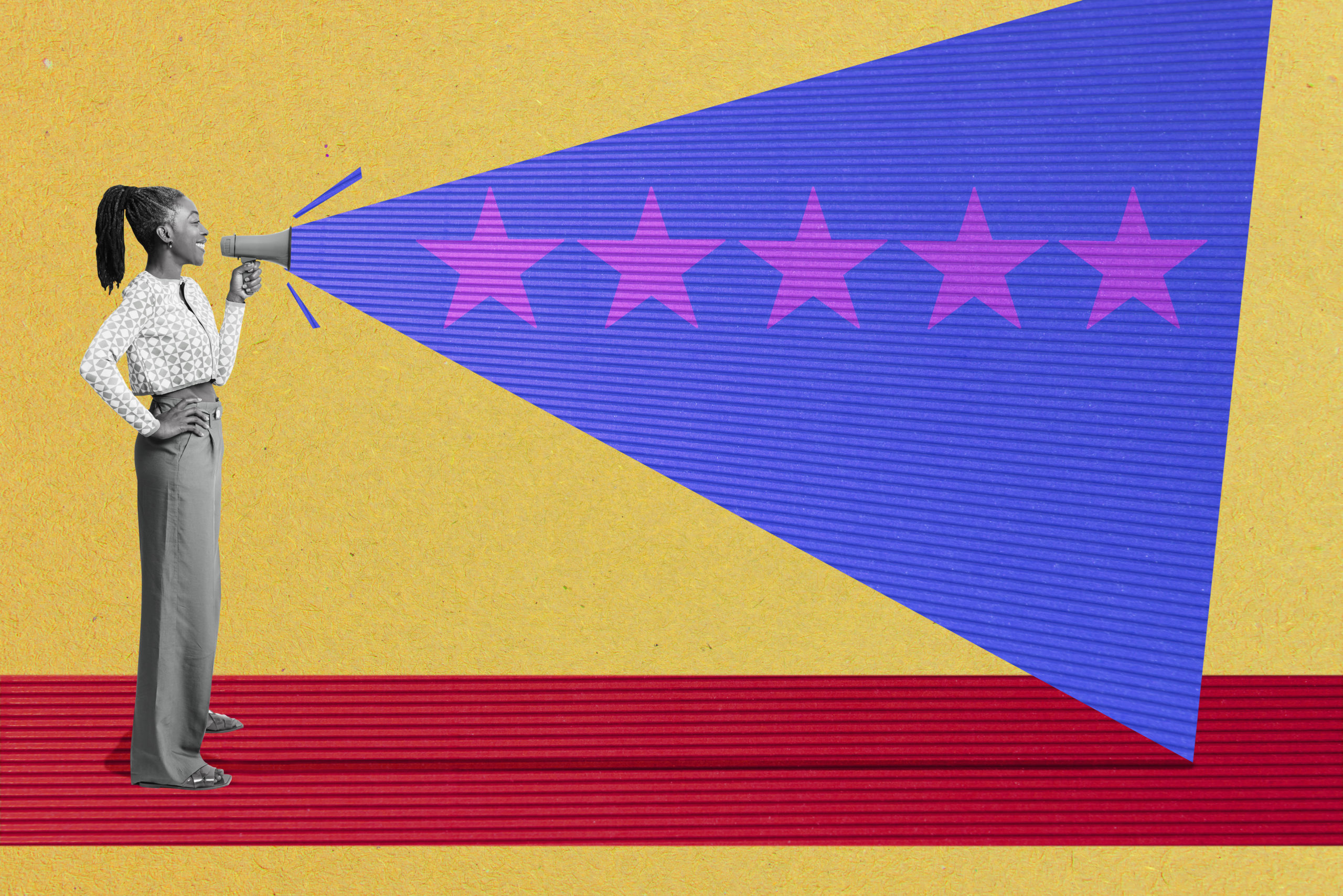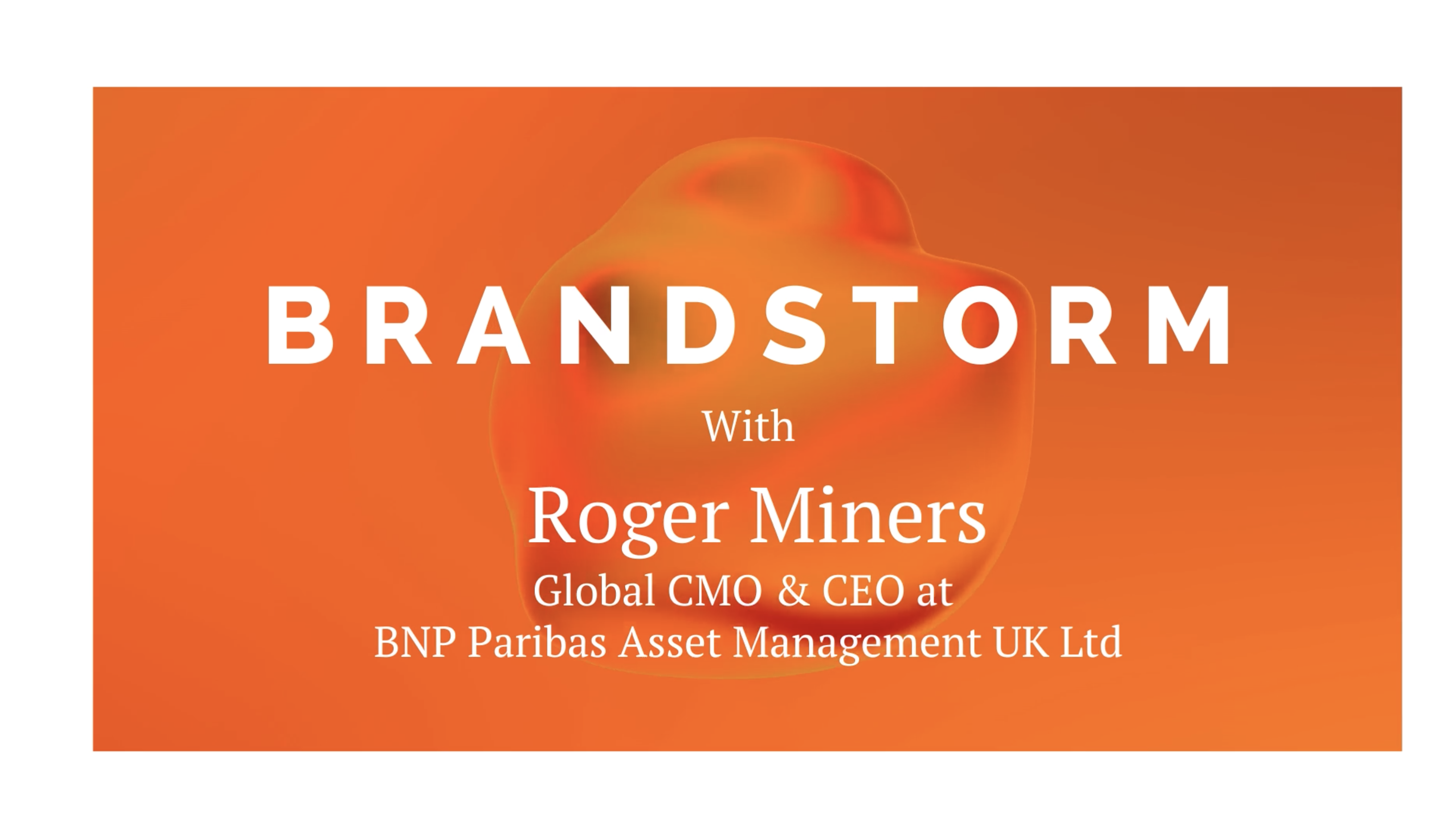Taglines, those succinct expressions of corporate identity, are vital in the tapestry of a company’s image. Combined with the name, logo, tagline, and descriptor, they constitute an integral facet of the broader brand strategy. Taglines possess the remarkable ability to encapsulate the emotive essence of a brand ethos, employing the powerful currency of customer sentiment to forge a bond with a product. In a world of shifting economies, internal reconfigurations, and evolving political landscapes, companies often find themselves compelled to realign their identities, to seek stability amid the relentless evolution of markets. And in this quest for stability, taglines emerge as reliable companions.
Brand realignment is the delicate art of adjusting the core of a brand’s identity. Within this arena, the tagline assumes a starring role. Within the larger sphere of investment management marketing, the difference in taglines between firms becomes increasingly subtle. Only some people have time to read a brand’s story, and a tagline creates personality in shorthand. In a world of shrinking attention, succinctly defining an ethos adjacent to competitors is valued. To illustrate this dynamic, let us delve into the narratives of three brands that navigated the path of marketing transformation, leveraging the might of their taglines.

In 2009, Coca-Cola emerged from a seven-year journey during which the resounding tagline “Open Happiness” propelled them to unprecedented heights of scale and brand loyalty. However, with public apprehension regarding health implications, Coca-Cola suffered a three-year decline in sales. To breathe new life into their brand and resurrect their fortunes, they sought a tagline capable of rekindling the fizz of their success. Thus, “Taste the Feeling” was christened—a tagline that amalgamated the four distinct products into a singular entity, fostering an image of choice and portraying Coca-Cola as a brand that catered to the needs of all. The slogan’s potency lay in its play on the senses; the word “feeling” resonated with a life-affirming force, intimately associating Coca-Cola with enhancing everyday experiences. In the eyes of the customer Coca-Cola is not merely a drink but a bottle of sensation. Most crucially, this universal message intertwines with Coca-Cola’s overarching brand strategy, fortifying its identity on a global scale.
![]()
HSBC, a financial institution that attained worldwide recognition for its 2002 tagline, “The World’s Local Bank.” This tagline resonated powerfully, evoking a sense of dependable banking services, even in the most remote corners of the globe. However, the 2008 financial crisis winds compelled HSBC to foreclose several branches in smaller nations, bidding farewell to operations in Thailand and relinquishing their Brazilian branches to Banco Bradesco. In this tumultuous period, HSBC recognised the dissonance between their previous tagline and global positioning. Thus, in 2011, rebranding commenced, bringing about the “Together We Thrive” campaign. Unveiled amidst the backdrop of Brexit-induced polarisation within British society, this campaign epitomised a centrist perspective on Britain’s unique global identity. The tagline shift harmonised with HSBC’s desired brand perception, departing from the initial linguistic playfulness that underscored their personable accessibility. “Together we thrive” encapsulated HSBC’s essence as a reliable, dependable institution, embodying the ideals of a global citizen. This strategic development ultimately saw success, yielding a 16% increase in profit before tax for HSBC in 2018.

At Fin International, we were approached by Aegon in 2020. Seeking to amalgamate the regional investment operations of Aegon Asset Management while bidding adieu to the Kames Capital and TKP investment brands, they turned to us for guidance. Our attention fell upon their collective identity, gauging the expectations of both internal and external audiences while heeding the CEO’s vision. It swiftly became apparent that Aegon aspired to cultivate a brand that signified its global reach—an organisation stretching beyond borders. With this revelation, the tagline “Beyond Borders” was born, its resonance epitomising the notion of transcending geographical, cultural, and intellectual boundaries in an interconnected world. “Beyond Borders” epitomised Aegon’s unwavering commitment to shattering conventions, ceaselessly striving to cater to the ever-expanding needs of its clientele. Visual branding, complete with aerial shots across many marketing materials, reinforced this vision, forging a seamless fusion between the auditory and visual realms of the brand experience.
In the ever-fluctuating commerce landscape, taglines serve as beacons of stability, guiding institutions through the treacherous currents of evolving markets. Armed with the insights gleaned from the triumphs of Coca-Cola, HSBC, and Aegon, we gain a deeper appreciation for the pivotal role taglines play in the art of realigning brands. They possess the uncanny ability to encapsulate the spirit of transformation, capturing the very essence of a brand’s development while heralding the dawn of a new era.




